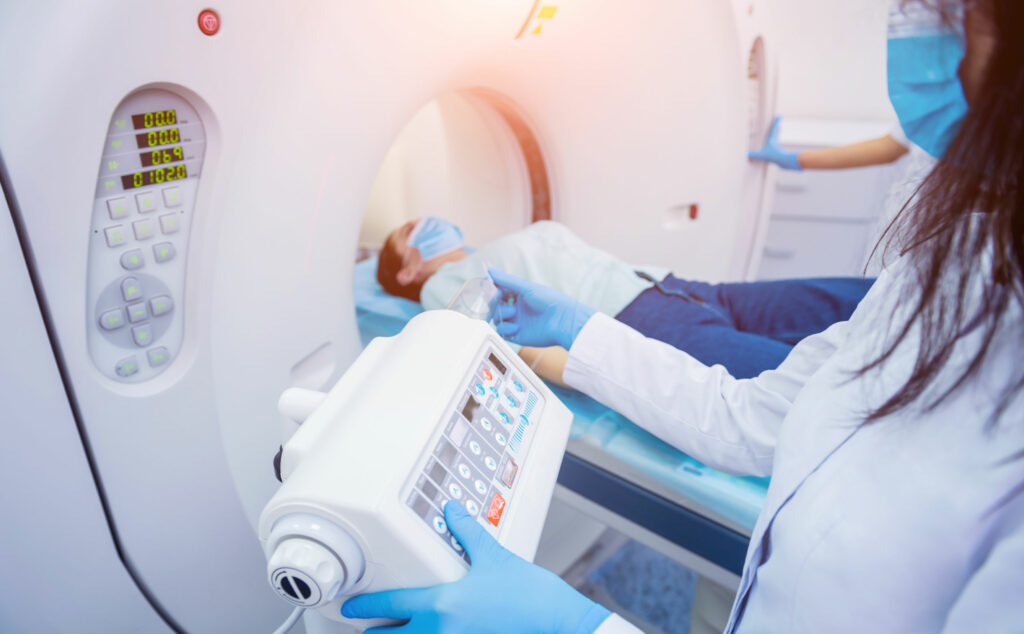Key points:
- Computed tomography (CT) is a safe, painless, and non-invasive procedure.
- CT scans may or may not need a contrast agent depending on the type of study needed.
- Although there is a possibility of an allergic reaction to the contrast agent, the medical team is prepared to address this situation.
Tomography is an excellent imaging study that helps to clearly differentiate the origin of some types of diseases, allowing the identification of an endless number of conditions from head to toe.
Dr. Enrique Vallejo Venegas, a cardiologist specializing in cardiovascular imaging at ABC Medical Center , says that once the doctor has requested a CT scan, an appointment must be made and a series of simple instructions must be followed:
- Attend accompanied.
- Wear comfortable clothing.
- Minimum fast of six hours.
- Availability between 30 minutes and an hour.
In some cases, extra indications could be given, such as not consuming stimulating substances such as coffee or tea, chocolate, or soft drinks. This is based on the data that is being sought.
“ CT images of internal organs, bones, soft tissues, or blood vessels provide greater detail than conventional X-ray examinations. CT scanning also offers more detailed information than X-rays on head injuries, strokes, tumors, and other diseases .”1
Some CT studies depend on some contrast agent, in these cases, the study will take longer.
The contrast agent can be ingested or administered through a catheter and it will depend on the type of test that is needed. Once it has entered the system it can produce a heat sensation that runs from head to toe, or also the desire to urinate, says Dr. Vallejo.
The contrast agent will highlight the object of study, which can be an organ, tumors, bones, and veins, among others.
Since the CT scan is a “photo” of the inside of the body, the capture process is simple and, in general, the patient will have to stay still and not breathe as indicated.
The imager is a donut-shaped equipment, made up of a motorized table that performs the final accommodation of the patient, and, in most cases, it does not cause claustrophobia.
This equipment can also be used with children and, in this case, the pediatrician will give specific instructions to help you stay calm during the study.
Contrast agents and allergies
A very frequent question when using the contrast agent for a CT scan focuses on the possibility of being allergic, says Dr. Vallejo. A situation that could happen, but less than 5% of patients are allergic, realizing it during the test.
For this situation, the medical team has medications designed to cut off the allergic reaction, which is generally mild.
In summary, the CT scan is a quick and simple procedure that allows a reliable diagnosis for the choice of a correct treatment; being a safe, painless, and non-invasive test.
At ABC Medical Center’s Department of Radiology and Molecular Imaging, we can provide you with specialized care. Contact us!
Fuente:
Dr. Enrique Vallejo Venegas – Cardiologist and cardiovascular imaging specialist at ABC Medical Center
https://www.youtube.com/watch?v=UF5rQzLix7U
1https://www.radiologyinfo.org/es/info/headct


